State of Ag Retail: Experts Deliver Answers to the Industry’s 5 Most Pressing Questions
Timing is everything. When CropLife published its annual State of the Industry report in its January issue, there was not one mention of coronavirus in the entire magazine. It wasn’t even a blip on the radar when we put that issue to bed.
-
-
1 of 5
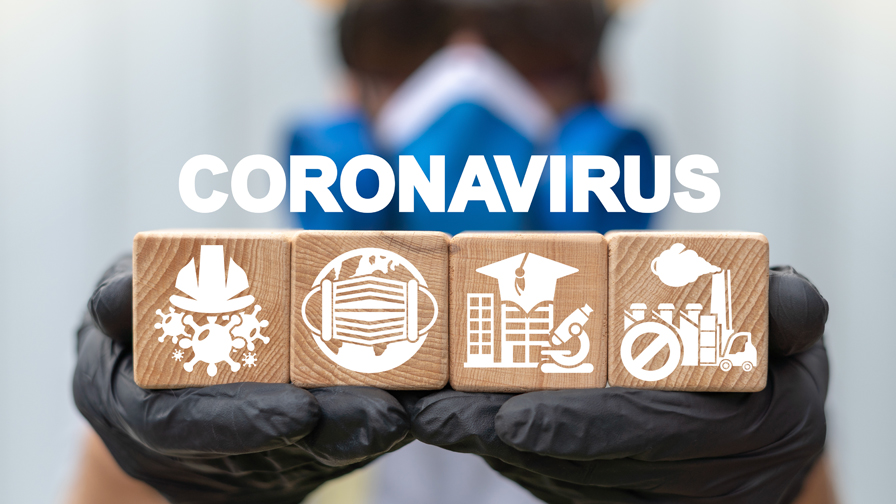
What are your thoughts on the impact of the coronavirus on agriculture?
Asmus: "There's really no stop on production. We need to do what needs to get done, when it needs to be done, to ensure that we have a successful crop for 2020. We only get one real shot at this. So with the exception of putting into place some measures around the health of our staff and customers, it really has just been a more mindful spring pickup and delivery system for us."
Gomes: "I believe this will have some positive, long-term impact for agriculture because it's got people focused on the issues of where food comes from, and food safety, security, and availability in the United States."
Wells: "In the short-term, it has reinforced how much we work in an in-time inventory world, and our reliance on that last mile from both a logistics and a worker productivity standpoint."
-
2 of 5
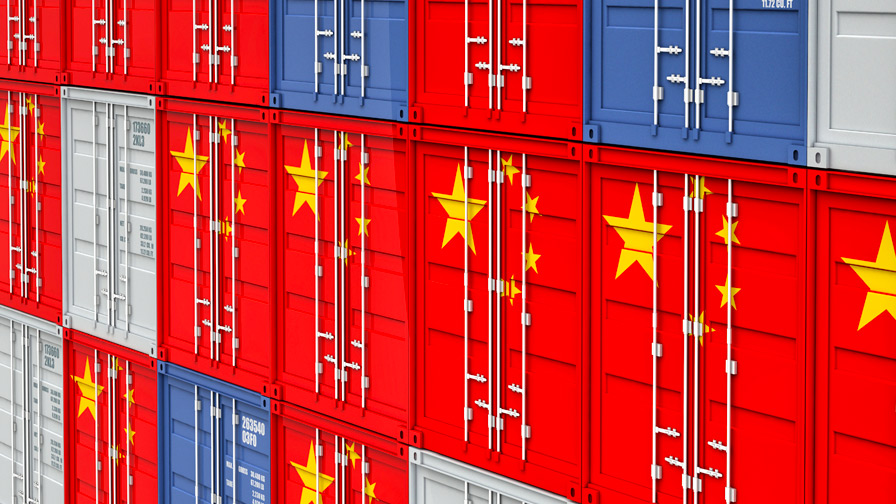
Do you think the trade dispute with China is now entering the endgame or is there more to be done?
Gomes: "I'm in the camp that there's more work to be done rather than that we're at the endgame. I think that were certainly headed in the right direction and that things are moving in a positive demeanor. And because it is an election year, we may be at some sort of a midpoint."
Wells: "I certainly think part of the challenge has to be attributed to COVID-19 across the globe, specifically in China. I don't think the administration would admit that it's gotten off to the start that they would have hoped. It'll be interesting long-term to see how supply chains change just because of COVID-19."
-
3 of 5
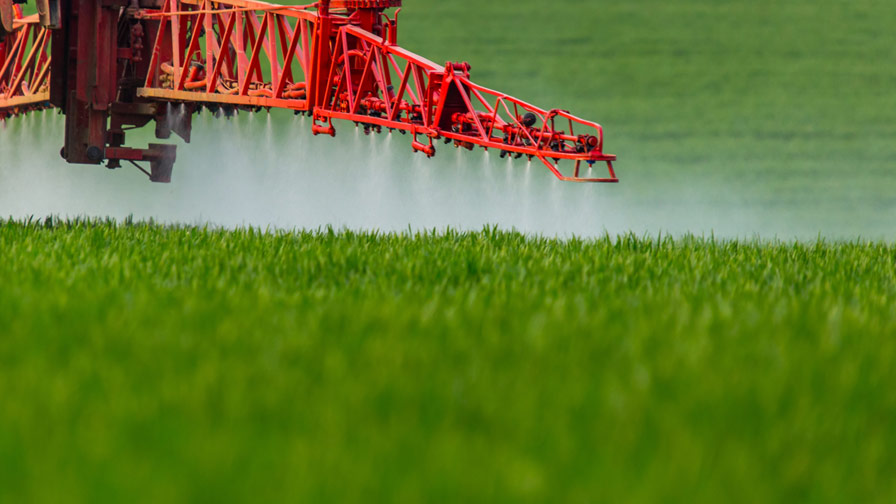
What are the outlooks for glyphosate and dicamba going forward?
Asmus: "I hope that glyphosate and dicamba will be re-registered based on their scientific merits and their uses in the field. And I hope the lawsuits that happened in the courts do not affect the true science that happens in the field and the application care that we pay to apply it."
Gomes: "Two things that come to mind are the increased importance that we've seen on training and also the accountability with respect to applied records. Practitioners need to be able to demonstrate that they are well-trained and they are using these tools in an appropriate manner and doing everything within the letter of the law."
Wells: "We expect strong demand for both products this year and next year. There's nothing on our radar that would indicate that they wouldn't be re-registered, understanding there could be some additional label changes or use restrictions adopted."
-
4 of 5
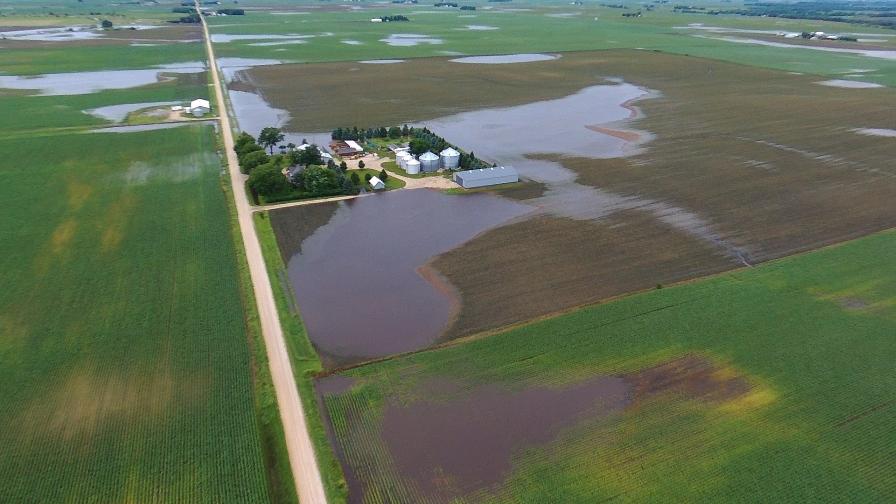
How can the ag industry work to recover lost ground from the prevent plant from 2019?
Asmus: "If the ground is too wet it gives the grower the opportunity to look at tiling for better drainage in the future. The timing allows for more fertilizer options that are limited with a crop in place. You can also get fertilizer benefits from the cover crop itself, as well as soil improvement opportunities."
Wells: "We were seeing robust crop nutrition demand earlier on, and that's starting to slow down now that the crops are going in the ground. You'd have to go back to probably 2016-17 to see anything remotely close to that. So it feels like we have bounced back and we have covered up a large percentage of that lost acreage."
-
5 of 5
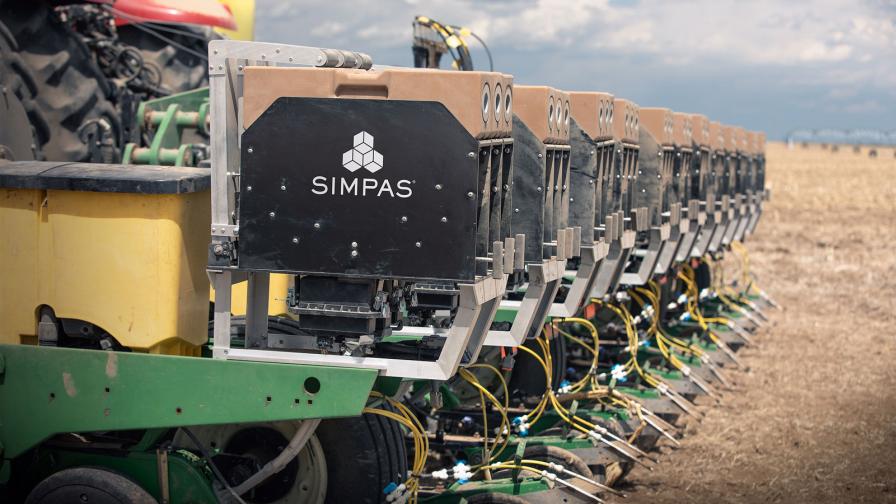
What new technologies will come to the forefront as the industry moves through 2020?
Asmus: "The technology I have my eye on and I'm interested in is the SIMPAS system that's being brought forward by AMVAC. It is a Smart Integrated Multi-Product Prescription Application System, and it's just now in the testing phase. Why I like it and why I think it's moving forward is it's more sustainable and economical with its variable rates than a broad field application."
Gomes: "The one thing that COVID-19 and distance learning has really brought to us is the need for under-served rural communities to have rural broadband and then what those technologies can bring us."
Wells: "The adoption of technology like Zoom and Microsoft Teams has been eye-opening. I think that's going to have an effect of maybe opening people's minds in different ways than they were before. The use of digital tools, from our perspective, is just ready to explode."
Photo courtesy of AMVAC
View all
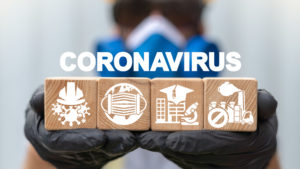

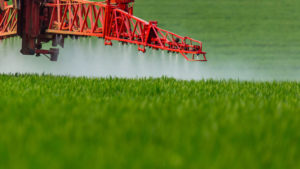
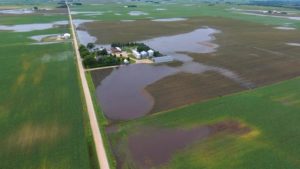
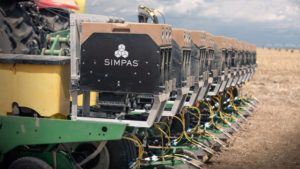
Boy, how quickly things have changed. Now you can’t go five minutes without news updates, commercials, family, friends, or colleagues referencing the pandemic in some way. It consumes us 24/7. And where our print issue missed out, CropLife’s State of the Industry coverage — with sponsorship from UPL — continued recently with a webinar that tackled the impact of COVID-19 on agriculture, as well as four other key issues like the trade dispute with China and lawsuits targeting crop protection products.
Overall, the webinar looked at five pressing questions facing today’s ag industry and considered what paths might be followed by ag retailers and their grower-customers to successfully navigate this year’s challenging growing season. Taking part in the webinar were three industry experts: Amy Asmus, Co-Owner of Asmus Farm Supply, Rod Wells, an executive at GROWMARK and the acting Chairperson for the Agricultural Retailers Association, and Michael Gomes of Topcon Agriculture.
If you were unable to attend our State of the Industry webinar, the slideshow above will give you a taste of what you missed. Included are featured snippets from the panel to give you a glimpse of their thoughts on today’s biggest challenges. You can also view the full webinar on demand here.
Subscribe Today For

Matt Hopkins is Senior Online Editor for the Agribusiness Group at Meister Media Worldwide (MMW), including such brands as CropLife, CropLife IRON, AgriBusiness Global, Global Agtech Initiative, and Cotton Grower. He is responsible for managing an array of digital products, including newsletters, websites, video, and social media. Hopkins originally joined MMW in 1994 as an editor for Greenhouse Grower magazine before transitioning to Business Manager of its MeisterPro division. He has a Communications Degree from Cleveland State University. See all author stories here.









